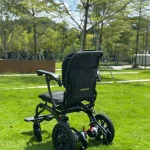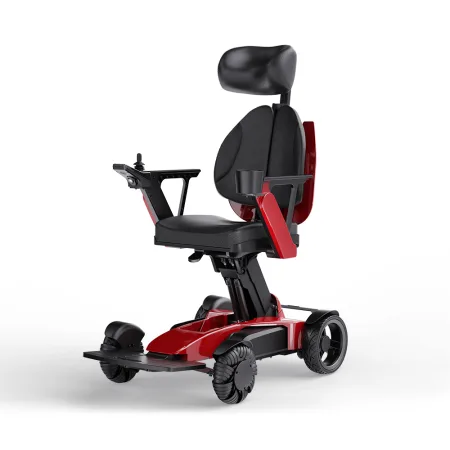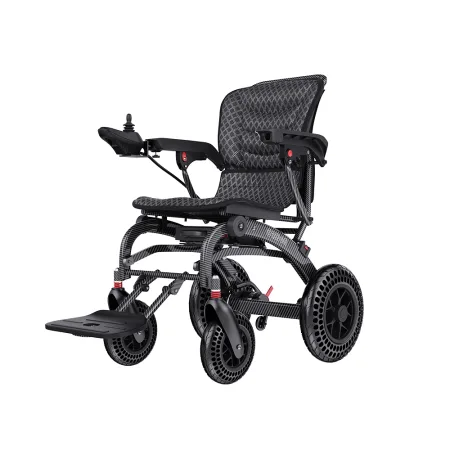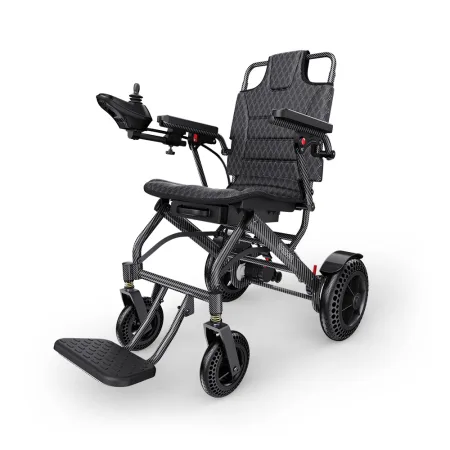A wheelchair is an essential mobility aid for individuals with conditions that limit their ability to walk or move independently. Whether manual or electric, wheelchairs provide greater freedom and improve the quality of life for those with mobility challenges. But what conditions typically qualify someone for a wheelchair?
1. Neurological Disorders
Neurological conditions affect the brain, spinal cord, and nerves, often leading to significant mobility impairments. Some of the most common conditions that may require a wheelchair include:
- Multiple Sclerosis (MS): This autoimmune disease affects the central nervous system, causing muscle weakness, coordination problems, and fatigue. As the disease progresses, many individuals require a wheelchair for mobility.
- Parkinson’s Disease: A progressive neurological disorder that impacts movement and balance, making it difficult to walk or stand for long periods.
- Stroke: A stroke can cause partial paralysis or muscle weakness, especially on one side of the body, making walking difficult or impossible.
- Spinal Cord Injuries (SCI): Damage to the spinal cord can result in partial or complete paralysis, requiring a wheelchair for mobility.
2. Musculoskeletal Disorders
These conditions affect the muscles, bones, and joints, leading to pain, stiffness, and mobility challenges. Common musculoskeletal disorders that may require a wheelchair include:
- Arthritis: Severe cases of osteoarthritis or rheumatoid arthritis can cause joint damage, pain, and difficulty walking.
- Cerebral Palsy: A condition that affects muscle coordination and movement, often requiring mobility assistance.
- Muscular Dystrophy: A group of genetic disorders that cause progressive muscle weakness, often leading to the need for a wheelchair as mobility declines.
3. Amputations and Limb Deficiencies
- Individuals who have lost one or both legs due to trauma, diabetes complications, or congenital conditions may require a wheelchair for mobility.
- Some people with prosthetics may still use a wheelchair for extended periods, depending on comfort and energy levels.
4. Chronic Illnesses and Fatigue-Related Conditions
Certain chronic illnesses can cause severe fatigue, pain, or weakness, making it difficult to walk long distances. These include:
- Chronic Obstructive Pulmonary Disease (COPD): Breathing difficulties can make walking and standing exhausting.
- Heart Disease: Conditions such as congestive heart failure can cause severe fatigue and weakness, limiting mobility.
- Chronic Fatigue Syndrome (CFS) and Fibromyalgia: These conditions cause extreme fatigue and muscle pain, making it difficult to remain mobile for extended periods.
5. Age-Related Mobility Issues
As people age, mobility naturally declines due to muscle loss, joint pain, and balance issues. Many seniors rely on wheelchairs for support, especially if they experience conditions like osteoporosis or severe arthritis.
How to Qualify for a Wheelchair?
To qualify for a wheelchair through insurance or assistance programs, a person typically needs:
- A doctor’s prescription stating that a wheelchair is medically necessary.
- Proof that other mobility aids, such as canes or walkers, are insufficient.
- Documentation of a medical condition that limits mobility.
If you’re considering an electric wheelchair, EASWE offers foldable, lightweight models that provide enhanced comfort and convenience. Whether for indoor or outdoor use, these wheelchairs can improve daily mobility and independence.
Need help finding the right wheelchair? Contact us today to explore your options!



















